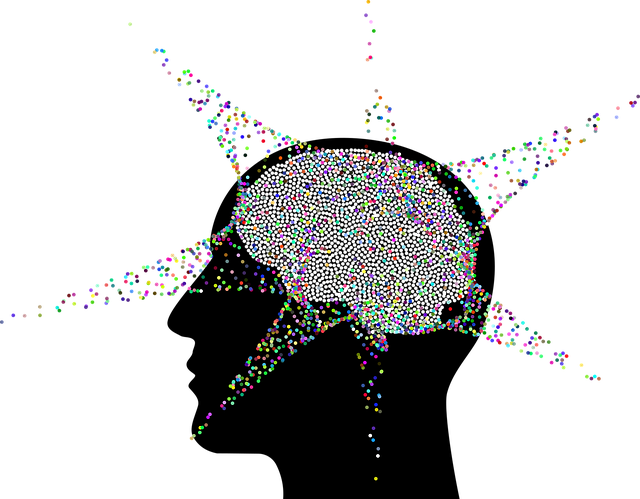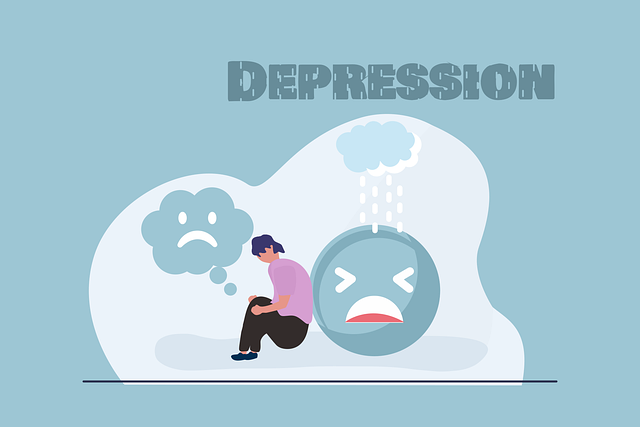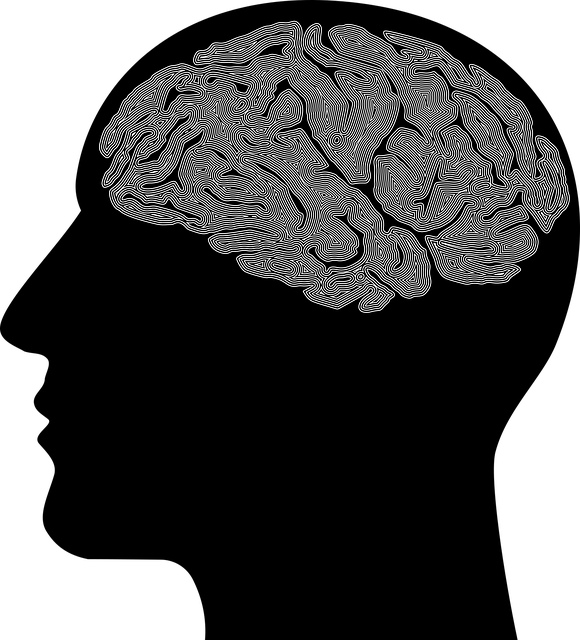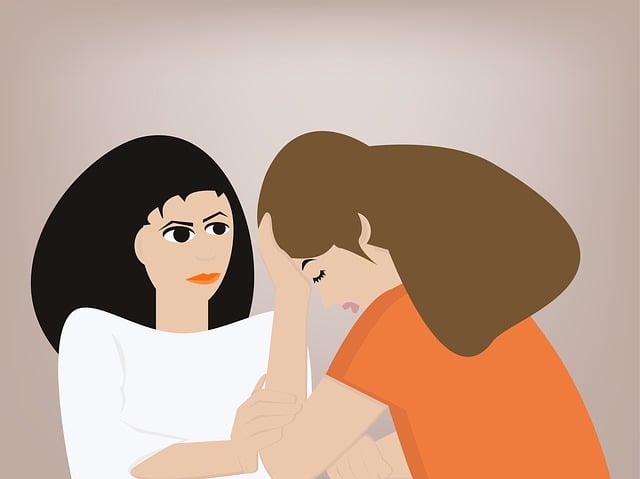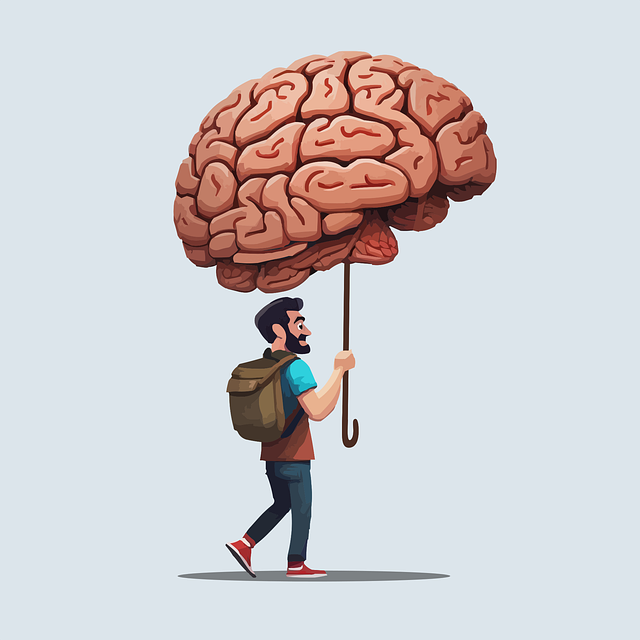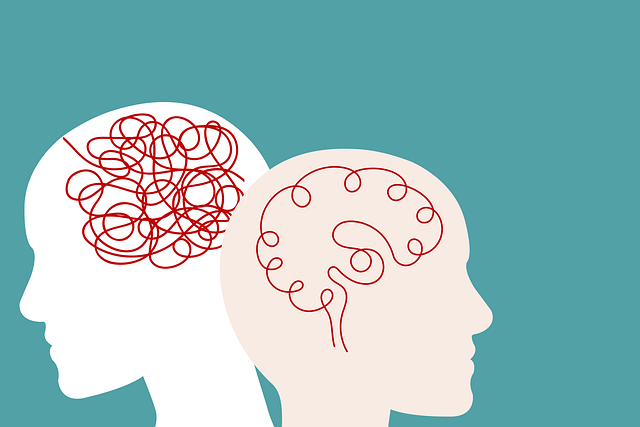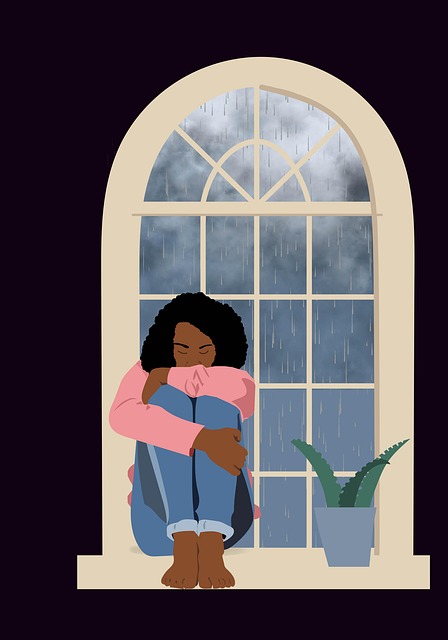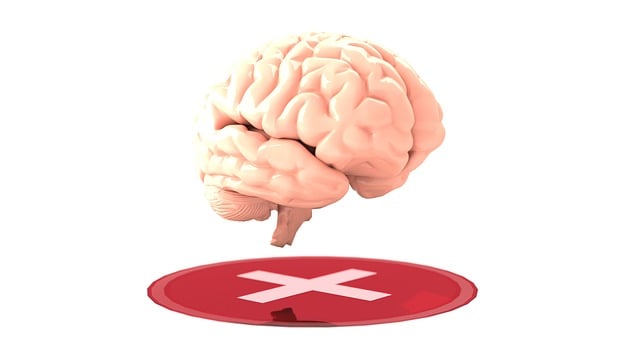Mental Health Crisis Hotlines provide 24/7 support for individuals in acute emotional distress, including those with Lone Tree Dissociative Disorder (LTDD). Trained counselors offer immediate care, guiding LTDD sufferers through specialized therapy like Self-Awareness Exercises and Mind Over Matter principles. These hotlines also direct users to educational resources, empowering them to manage symptoms and reclaim their sense of self. Reaching out for help is a vital first step; hotlines offer confidential assistance, fostering mental wellness awareness and connection to effective therapies like LTDD Therapy.
“In a world where mental health crises are all too prevalent, dedicated hotline support services play a pivotal role in offering immediate assistance. This article explores the critical function of these hotlines as a lifeline for individuals grappling with intense emotions and thoughts. We delve into the expertise and empathy provided by therapists specializing in crisis support, focusing on dissociative disorders—a condition formerly associated with Lone Tree therapy. Additionally, we guide readers on accessing these services, emphasizing the importance of reaching out for help.”
- Understanding Mental Health Crisis Hotlines: A Lifeline for Many
- The Role of Therapists in Crisis Support: Expertise and Empathy
- Navigating Dissociative Disorders: Lone Tree and Beyond
- Accessing Services: How to Reach Out and Find Help
Understanding Mental Health Crisis Hotlines: A Lifeline for Many

Mental Health Crisis Hotlines serve as a vital lifeline for individuals grappling with intense emotional distress or acute mental health crises. These 24/7 services are designed to provide immediate support, offering a safe space for people to express their struggles and receive guidance from trained professionals. Whether someone is experiencing symptoms of a Lone Tree Dissociative Disorder or any other condition requiring therapy, these hotlines offer crucial assistance in navigating turbulent emotional landscapes.
Accessing crisis hotline support can initiate transformative emotional healing processes, fostering self-esteem improvement and promoting mindfulness meditation as coping strategies. Trained counselors equipped to handle diverse mental health concerns ensure that individuals receive the care they need without delay. This immediate intervention can prevent escalation of symptoms, offering a beacon of hope for those facing seemingly insurmountable challenges.
The Role of Therapists in Crisis Support: Expertise and Empathy

Therapists play a pivotal role in crisis support hotlines, offering expertise and empathy to individuals in distress. When faced with a mental health crisis, whether it’s a moment of intense anxiety, depression, or a more complex issue like Lone Tree Dissociative Disorder Therapy, having access to trained professionals is invaluable. These therapists are equipped not only with specialized knowledge but also with the art of active listening and compassionate response.
Their expertise extends beyond standard therapy practices; they’re often well-versed in various mental health conditions, including trauma, stress, and mood disorders. This enables them to provide tailored support, helping individuals navigate their emotions and regain a sense of control. Through effective communication, therapists foster emotional regulation, offering strategies that promote mental wellness. Additionally, they can guide users towards valuable resources, such as Mental Health Education Programs Design or even recommend engaging in therapeutic activities or listening to insightful Mental Wellness Podcast Series Production, further emphasizing holistic mental health support.
Navigating Dissociative Disorders: Lone Tree and Beyond

Navigating dissociative disorders can feel like traversing a dense forest, where every step is a battle against disorientation and confusion. Lone Tree Dissociative Disorder Therapy offers a beacon of hope in such scenarios. Through specialized services, therapists help individuals regain their sense of self and manage symptoms associated with dissociation. This involves integrating various therapeutic techniques, including Self-Awareness Exercises and Mind Over Matter Principles, to foster stability and resilience.
For mental health professionals, addressing dissociative disorders necessitates careful planning. Risk Management Planning becomes an indispensable tool in ensuring the safety and well-being of both clients and practitioners. By combining advanced therapies with robust risk management strategies, Lone Tree Dissociative Disorder Therapy provides a comprehensive approach tailored to meet the unique needs of those navigating these complex mental health challenges.
Accessing Services: How to Reach Out and Find Help

Reaching out for help is a brave step towards managing mental health challenges. For those experiencing symptoms or triggers that may indicate a Lone Tree Dissociative Disorder, finding the right support services can be transformative. The first step is to acknowledge the need for assistance and take initiative to explore available options. Mental health crisis hotline support services offer a confidential and accessible point of contact, providing immediate assistance and guidance.
Empathy Building Strategies are often employed by these hotlines, training their personnel to listen attentively and respond with compassion. They can connect individuals to appropriate therapies like Lone Tree Dissociative Disorder Therapy or other specialized treatments, ensuring that each person receives tailored care. Promoting Mental Health Awareness is a collective effort, and these services play a vital role in fostering positive thinking by offering a safe space for expression and education.
Mental health crisis hotline support services play a pivotal role in assisting individuals navigating intense emotional distress. By providing immediate assistance, these hotlines offer a crucial first step towards recovery for many. Therapists specializing in crisis support bring expertise and empathy, fostering safe spaces for expression and understanding. For those grappling with dissociative disorders like Lone Tree Dissociative Disorder, tailored therapy can help integrate fragmented identities and restore sense of self. Accessing these services is simpler than you think; reaching out and seeking help is the first step towards a brighter, more balanced future.
